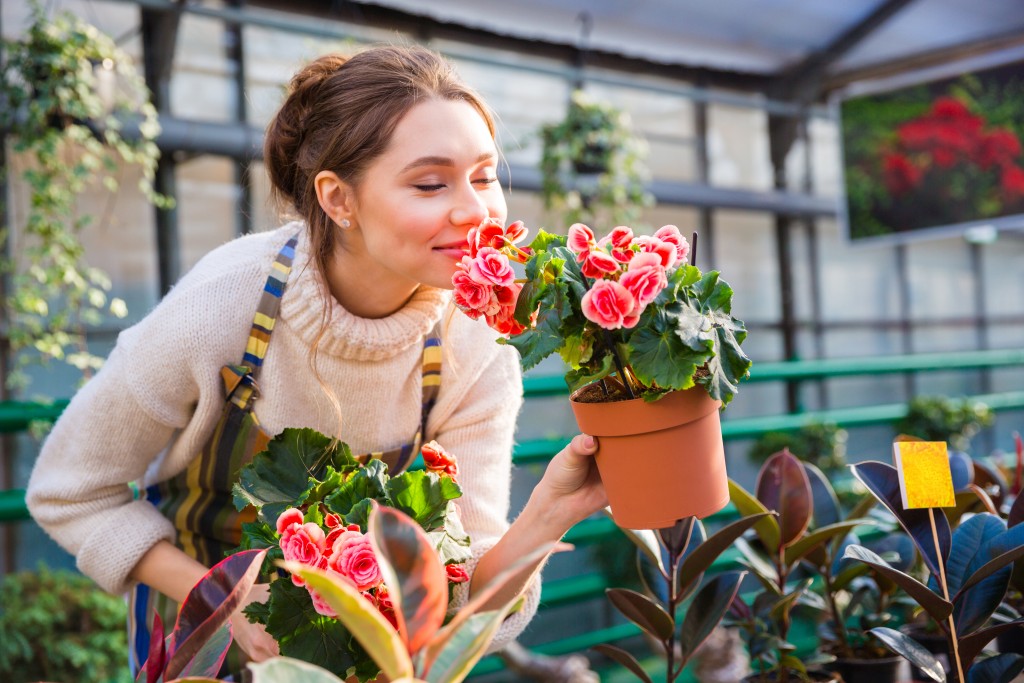We all have that one friend who couldn’t stop talking about their plants. They would gush over the herbs growing on their kitchen counters. They would boast about their large collection of succulent plants. They would spend hours coming up with clever names for every potted plant they own. We would laugh at our friends who are proud plant parents. But we have to consider why they became plant parents in the first place.
Caring for plants is, first and foremost, a calming activity. When we feel stressed and overwhelmed by various aspects of our lives, we turn to nurturing lives that are much simpler than ours. Plants need water, sunlight, and a nurturing green thumb from us. There’s a sense of thrill in successfully growing plants. It feels like we’ve contributed to the greater ecosystem of the world. But some might argue that growing plants in the city is impossible. That, my friend, is simply not true.
Growing Plants in the City
There’s a common misconception that nature and rural life are exclusively associated with one another. But that’s not the case for many cities around the world. Singapore, in particular, is excellent at creating a city rooted in and built with nature. They show a higher level of lifestyle that restores our relationship with nature, runs on renewable energy, and protects all forms of life in the city.
Can you imagine being part of a city of five million people, living in harmony with nature? The environment thrives in all aspects of the city. In business and travel, they have Changi. It’s often described as the “nature dome.” Under its glass and metal ceiling, there’s an indoor mini forest and a 40-meter indoor waterfall. Visitors get to enjoy luxurious travel, shopping, and dining experience in the close presence of nature, especially if they’ve checked in at one of the hotels near Changi Airport.
The “supertrees” are also an interesting way that Singapore cares for nature in the city. These supertrees stand tall at 160 feet. They are human-designed trees and have metal as the base structure. They’re surrounded by various species of flowers and greenery.
A whole city can have major infrastructure that is rooted in nature. And green cities start from individual homes. Being very close to nature, especially in the city, will help us in many ways. These are some of the many mental health benefits that we can get from gardening:
1. Brightened mood
Studies show that in four San Francisco Bay Area hospitals, 79% of patients found that they are happier when exposed to nature. A positive attitude, then, is attributed to their speedy recoveries. Moreover, the act of gardening boosts moods because of the soil. The mycobacterium vaccae found in the soil increases the serotonin level (which is a chemical that’s associated with happiness) in our brains.
2. Increased creativity and productivity

Even though we avoid working at home in general, it doesn’t mean that we stop creating and accomplishing things. Studies found that constant exposure to nature leads to nature leads to a 13% increase in creativity and an 8% increase in productivity. Who knows, maybe if we pick up gardening as a pastime, we’ll also pick up other hobbies. We might go back to unearth our pointe shoes from the depths of our closets, go back to our piano, or pick up a paintbrush again.
3. Practiced mindfulness meditation
One of the tenets of self-care is being in the now. Dwelling on the past and worrying about the future lead to stress and anxiety. So mindfulness has grown popular because it leads to healthier relationships and reduced emotional baggage. Gardening is a great way of practicing mindfulness because it requires us to immerse ourselves in one activity at a time, much like yoga. It discourages us from letting ourselves be too overwhelmed by the world.
4. Improved self-esteem and relationships
We’ve all suffered from low self-esteem. We’ve experienced it ever since we were kids. It follows us even as adults. Gardening is a way to promote healthy relationships with ourselves and with others. It takes us away from our devices and social media. It gives us time to be with ourselves and focus on one thing instead of too many. But the most significant thing that gardening teaches us is the value of giving love and attention to something. We get to feel satisfaction in witnessing something grow from a seed to a whole potted plant.
Gardening has many benefits that lead to self-improvement and healthy relationships. We all deserve that level of happiness and satisfaction. Living in the city shouldn’t hinder us from becoming plant parents. In fact, it encourages us because, in the future, all cities could be more immersed in nature. It all starts with our motivation to nurture gardens in our homes.





